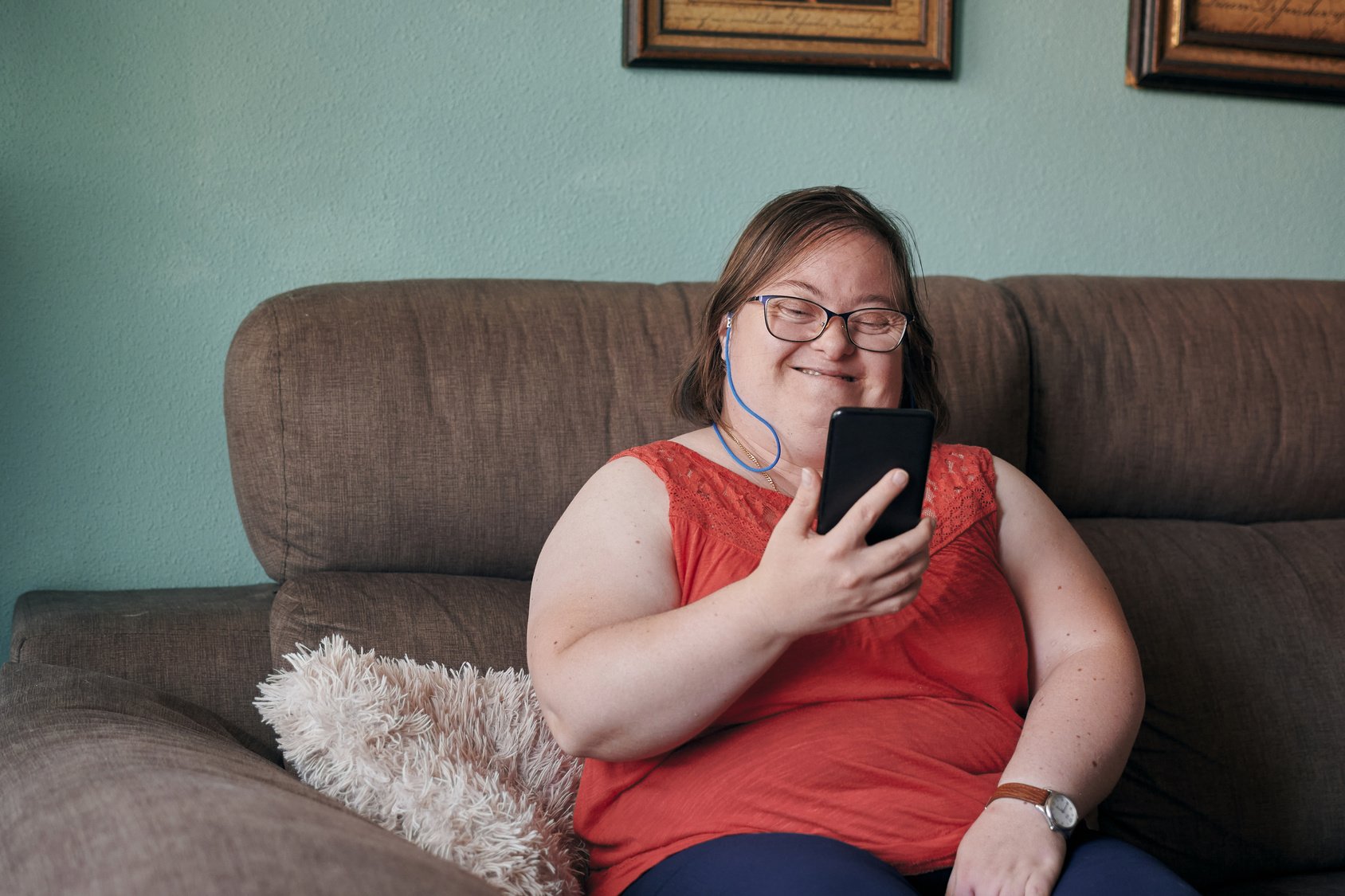Resource Hub
Get more from your NDIS with our carefully crafted Kinora resources. Dive into expert articles, handy worksheets, and insightful videos—all designed to simplify and empower your journey.
Join the Kinora community for support, connection, and answers to your NDIS questions.
To stay up to date with all the latest NDIS news updates click here
Browse by type
Explore popular topics

Did you know that your goals dictate what you can spend your NDIS funding on?
This week on Kinora, we share a few simple hacks to set strong goals, to do more with your plan and achieve better outcomes.

The NDIA are making changes to the way young children and families receive support through the NDIS early childhood approach.
While the NDIS early childhood approach is meeting the needs of many families across Australia, a number of reviews highlight inconsistent experiences of early intervention best practice, confusion about the intent of the early childhood approach, and missed opportunities for inclusive environments for all children and families.

An early childhood partner can work with you to develop an NDIS plan, identify goals, and find supports to best meet needs.
NDIS early childhood partners are teams of early childhood professionals, including therapists and educators, who deliver services to support the NDIS early childhood approach. Let’s dive into how they can assist families to navigate the NDIS.

The key worker model is the best practice approach recommended by the NDIS for children with developmental delays or disability.
Families benefit most when early childhood professionals work to form a team around their child, working together to support the child’s learning and development across their everyday routines and activities.

NDIS funding to support a child with developmental delay. Helping build firm foundations for early childhood
A developmental delay is attributed to either a mental or physical impairment, or a combination of both that’s seen to impact self-care, receptive or expressive language, cognitive development like understanding information, and/or motor development - which is everyday activities like moving around the home.

A lot of us would love a break away, which is why today we’re answering some frequently asked questions about the NDIS and travel.
Does the NDIS fund holidays?
The answer is no, the NDIS does not cover holidays 👉but it may cover use of your funds for the cost of care and support while you are on holidays, if travel supports the goals in your NDIS plan.

The devil is in the detail when you travel. This is especially true if you have a disability.
So many things can make or break a vacation – the time of year of travel, cancellation policies, lack of information about facilities and services – and then to also consider accessibility as well?!

A program for carers wanting to re-enter the workforce
Did you know there are 2.65 million unpaid carers in Australia which roughly equates to 1 in 10 people? Carers are a vital part of the community that provide unpaid help, support or assistance to family members or friends with disability, metal illness, chronic conditions and the frail aged.

The different pathways to employment - watch Soulaie’s journey
Finding employment can be difficult for everyone, and when you have a disability, there can be even more barriers you might face.
Soulaie, part of the team here at Kinora, wanted to share her own personal journey, as she’s had a range of different experiences in finding employment to get to where she is today.

Not sure if your psychosocial disability is eligible for the NDIS? Here’s what you’ll need to access supports.
A large proportion of NDIS participants are now being funded for their psychosocial disabilities, however the journey to becoming funded is often quite difficult. We’re here to help you understand the eligibility requirements, and the best types of evidence to gather to strengthen your application.

Raising Disability Awareness - One Mum’s journey to connect through experiences, rather than diagnoses.
Community connection and education are key to getting the most out of the NDIS. Kinora user Heidi shares her journey as she supports her daughter Poppy with Triple-X syndrome, and comes to realise it’s more about focusing on shared experiences rather than shared diagnoses.

Changes to Support Coordination flexibility, and where to go from here
Over Covid, the NDIS offered additional support measures - one of which was adding support coordination into core budget. This change relieved a great load of pressure off anxious participants, but also gave them a lifeline to the community in a time when we were all physically isolated from one another. Fast forward to Thursday 25th February 2021, and the NDIA announced that they would be removing this option in 3 days…

Got NDIS questions?
We are a community of solutions. A safe and supportive online community for those living with disability.

